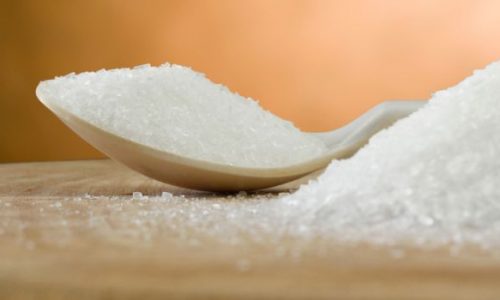


About Company
Monosodium Glutamate
Monosodium glutamate (MSG) also known as “Ajinomoto” or “Chinese seasoning” is a salt of glutamic acid with molecular formula C5H8NO4Na. It is a white crystalline odorless powder which is soluble in water but it is not hygroscopic. Glutamic acid is a non essential amino acid, i.e. it is synthesized by the body and there is no need of external intake. Glutamic acid belongs to the category of compounds called glutamateswhich are the sources of very specific taste. MSG is one of the glutamates and is used as a food additive for the enhancement of the flavor. Glutamic acid is found in many food items such as cheese, fermented bean paste, soy sauce and mainly in seaweeds.In 1907 Japanese researcher Kikunae Ikeda from Tokyo Imperial University identified the new taste and chemical responsible for this specific taste. He named that taste as ‘Umami’ and then patented the method for mass production of crystalline salt monosodium glutamate.MSG is strictly a food additive. It is a flavor enhancing food additive used in meat, fast food items, and packaged food items like crackers, chips, soups, premade gravies,instant noodles, salad dressing and many others. It gives umaminess to the foodUmami is recognized as the fifth taste in addition to sweet, salty, sour and bitter. It also intensifies other tastes particularly, sour and salty taste.MSG is also useful as a cosmetic additive and dietary supplement. It is also applied in fertilizers and pesticide production.MSG proves pleasant only in the right concentration. Excess of MSG may lead to headache and nausea. International and national bodies for the safety of food additives consider MSG safe for human consumption.



